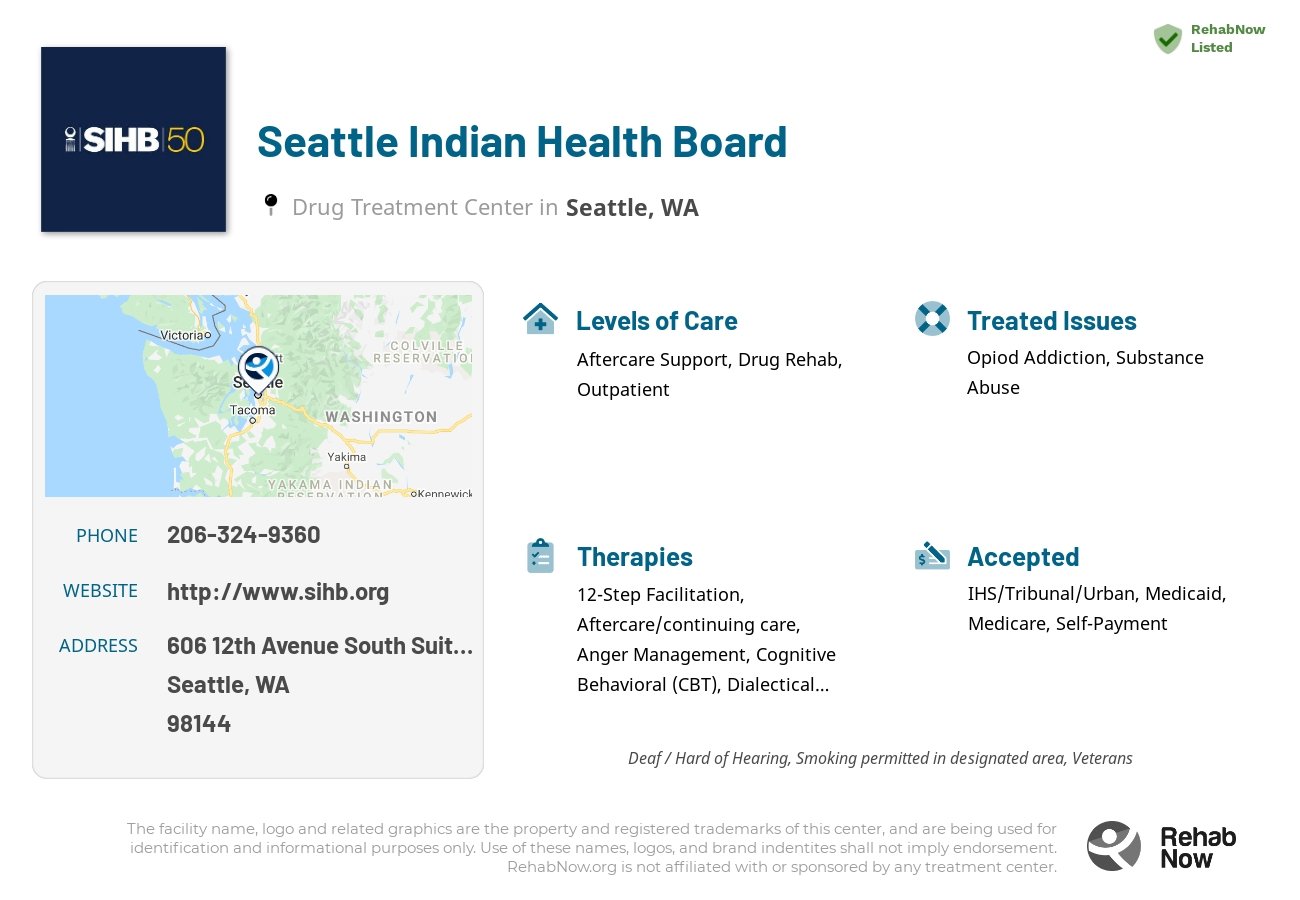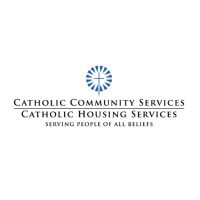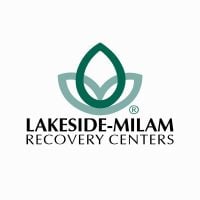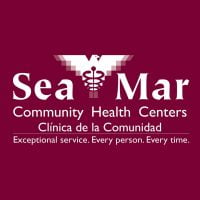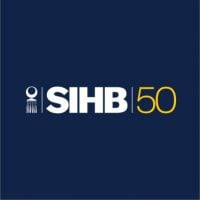
Seattle Indian Health Board
Drug Rehab Center in Seattle, Washington
- Substance Abuse
- Opioid Addiction
- Drug Addiction
The Seattle Indian Health Board (SIHB) in Seattle, Washington, provides comprehensive health care and cultural services for American Indians and Alaska Natives in the Puget Sound area, including primary care, behavioral health, addiction treatment, and support for low-income and homeless individuals.
About This Seattle, WA Facility
The Seattle Indian Health Board (SIHB) is a unique organization of dedicated professionals whose mission is to provide comprehensive health care and cultural services for American Indians and Alaska Natives living in Seattle and throughout the Puget Sound area. Founded in 1970, SIHB operates two primary health care clinics that offer a full range of medical services including primary care, behavioral health, preventive health services, public health nursing, and referrals to specialty care and other support services. The organization also has a range of resources to support the needs of Seattle's low-income, homeless, and otherwise underserved Native American communities.
SIHB offers a full range of specialized services for addiction and substance abuse, including prevention, screening, and treatment. The organization has earned national recognition for its innovative programs in addiction treatment. SIHB is an accredited facility by The Joint Commission and is licensed by the Washington State Department of Health's Alcohol and Substance Abuse Division to provide substance abuse services such as assessment, detoxification, and outpatient treatment. In addition, the organization has a long-standing commitment to cultural education, community engagement, and advocacy on behalf of Native American patients.
Genders
Ages
Modality
Additional
Accreditations
State License
SAMHSA
Conditions and Issues Treated
Substance abuse refers to the intensive and inappropriate use of psychoactive substances. Psychoactive substances are those that affect brain function. These include illegal drugs, alcohol, and even the excessive use of prescription drugs. The overuse of psychoactive substances leads to severe physical or psychological dependence. It also affects the social life and relationships of the affected individual. Substance abuse is treatable.
The duration of treatment at Seattle Indian Health Board in Seattle can require weeks or even months depending on the severity of the condition as there is a risk of relapse. Treatment options include medications, counseling sessions, various types of behavioral therapy, and group therapy in different combinations.
Addiction to prescription opioid painkillers like oxycodone and hydrocodone, and illicit opioids such as heroin, leads to potentially life-threatening withdrawal symptoms when discontinued. Opioid addiction treatment typically involves an inpatient stay at facilities like Seattle Indian Health Board to make sure they get through withdrawal safely. Treatment also includes comprehensive mental health counseling.
Opioid Addiction, Substance Abuse
Levels of Care Offered
This center offers a variety of custom treatment tailored to individual recovery. Currently available are Aftercare Support, Drug Rehab, Outpatient, with additional therapies available as listed below.
To assist with alcohol or opioid abuse, or a co-occurring condition, Seattle Indian Health Board offers an outpatient treatment program. For their rehabilitation and other services, the Washington patient will go to the treatment center, yet return home every night. After most of the program is completed, the level of mandatory participation reduces.
Treatment is just a first step in sustaining sobriety. After rehabilitation, counseling for aftercare helps the person adapt to a life without drugs. A sober living facility in Seattle, job therapy, or educational assistance may be included in this service, managed by Seattle Indian Health Board. This is when a preventive strategy for relapse starts to take shape.
Seattle Indian Health Board‘s Therapies & Programs
Many people turn to drugs and alcohol as a way of processing trauma that has affected them in the past. Trauma can include abuse, neglect, the loss of a loved one and other unpleasant incidents. Trauma therapy at Seattle Indian Health Board helps patients process trauma. It gives them the tools to deal with it in a healthier manner.
Dialectical behavioral therapy (DBT) is a type of Cognitive Behavioral Therapy that focuses on eliminating specific negative thoughts such as suicidal thoughts that can potentially lead to an individual inflicting self-harm. It is useful in the treatment of patients exhibiting uncontrollable emotions, intense mood swings, and borderline personality disorders.
The term “Dialectic” means the integration of opposites. In the substance abuse context, DBT refers to accepting the patient’s addiction and working to change their thoughts and behavior. It improves life skills such as controlling the intense emotions without reacting impulsively, resolving the interpersonal conflicts effectively, and promoting awareness about self and others.
Cognitive Behavioral Therapy (CBT) examines the relationship between a patient’s thoughts, feelings and behaviors. Seattle Indian Health Board aims to establish a healthy response to thoughts and feelings as an alternative to turning to drugs and alcohol. It also promotes healthy communication between addicts and those around them. It is and effective therapy for people suffering with all types of addictions.
Rational Emotive Behavior Therapy (REBT) is a type of cognitive therapy. It is based on the principle that irrational thoughts are responsible for the emotional and behavioral changes in addiction. So, the therapy starts with identifying the underlying irrational thoughts. These thoughts are then challenged and opposed logically and then replaced with positive thoughts. It also helps to change unwanted behavior with techniques such as meditation.
By imparting positive thoughts and emotions, Rational Emotive Behavior Therapy (REBT) makes the individual self-reliant with a capacity to handle the emotional and behavioral issues in future by themselves without professional help. This self-dependence benefits the patients and prevent relapses.
The recovery technique used by Alcoholics Anonymous is the 12 step program, but it can relate to any form of addiction. The 12 steps that addicts must take on the road to recovery are explained. Measures include acknowledging that you have a problem and agreeing to turn around your life. The curriculum, instructed by Seattle Indian Health Board, also requires a belief in a greater power and making amends to others.
12-Step Facilitation, Aftercare, Anger Management, Cognitive Behavioral Treatment (CBT), Dialectical Behavioral Therapy (DBT), Discharge Planning, Drug Rehab, Employment Counseling / Training, Group Therapy, Health education services other than HIV/AIDS or hepatitis, Hepatitis Education / Counseling / Support, HIV or AIDS education, Intervention, Outpatient Treatment (OP), Rational Emotive Behavior Therapy (REBT), Substance Use Counseling, Trauma Therapy
Payment Options Accepted
For specific insurance or payment methods please contact us.
Additional Details
Specifics, location, and helpful extra information.
Seattle, Washington 98144 Phone Number(206) 324-9360 Meta DetailsUpdated November 25, 2023
Staff Verified
Patient Reviews
There are no reviews yet. Be the first one to write one.
Seattle, Washington Addiction Information
Washington's substance use, abuse, and addiction rates have followed the trends of the rest of the over the past years. Methamphetamine abuse is the biggest threat to Washington. Heroin-related overdoses increased by almost 450% from 2006 to 2016. 20% of all annual deaths in Washington are somehow drug and/or alcohol-related. Drugs are widely abused in Washington because they are easily trafficked in and out of the state.
In Seattle, Washington, drug addiction is a big problem. In 2016, there were nearly 500 drug overdose deaths in Seattle, with opioids responsible for most of those deaths. 4.5% of people aged 12 or older reported using psychotherapeutic drugs for nonmedical purposes. Some of the most common treatments include inpatient rehab, outpatient rehab, and detox centers.
Treatment in Nearby Cities
- Yelm, WA (47.3 mi.)
- Tokeland, WA (99.6 mi.)
- Fall City, WA (20.1 mi.)
- Seattle, WA (0.9 mi.)
- Pasco, WA (179.3 mi.)
Centers near Seattle Indian Health Board
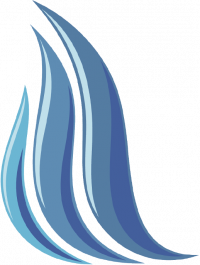
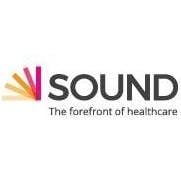

The facility name, logo and brand are the property and registered trademarks of Seattle Indian Health Board, and are being used for identification and informational purposes only. Use of these names, logos and brands shall not imply endorsement. RehabNow.org is not affiliated with or sponsored by Seattle Indian Health Board.



